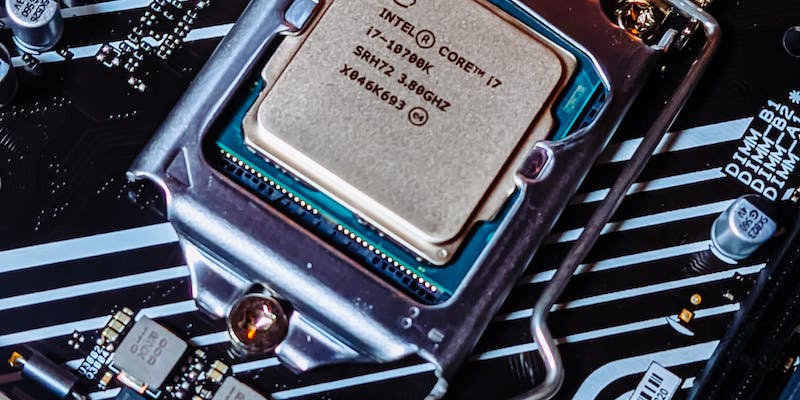The global pandemic exposed the vulnerabilities of global supply chains, prompting companies to reassess their strategies and prepare for future disruptions. One such company is Nvidia, a leading player in the semiconductor industry, which is considering diversifying its foundry options beyond its reliance on Taiwan Semiconductor Manufacturing Company (TSMC).
Nvidia’s reliance on TSMC
As a major player in the graphics processing unit (GPU) market, Nvidia heavily relies on TSMC for its chip manufacturing needs. However, recent events have revealed the risks associated with relying on a single supplier, particularly one located in an area with geopolitical tensions. Recognizing the need to mitigate these risks, Nvidia is exploring the possibility of partnering with another foundry company, either as an alternative or in addition to TSMC.
The Potential of Intel as a Third Foundry
During a recent conference, Nvidia’s Chief Financial Officer, Colette Kress, was asked about the possibility of adding Intel as a third foundry to its roster. Responding to the query, Kress expressed the company’s eagerness to work with Intel, stating, “We would love a third one.” This statement indicates Nvidia’s openness to diversifying its supplier base and reducing its dependence on a single foundry.
Exploring New Chip Sources
In addition to considering Intel, Nvidia is also exploring other sources of chips from TSMC. The company is evaluating the potential of TSMC’s troubled fabs in Arizona, which have faced manufacturing issues. However, despite the challenges, Nvidia recognizes the demand for chips from this facility and is interested in leveraging the opportunity. Companies like AMD and Apple have already expressed their intention to purchase chips from TSMC’s Arizona fabs, and Nvidia aims to join the list of early customers.
Intel’s Aggressive Expansion in the Foundry Business
Intel, a long-established player in the semiconductor industry, is aggressively expanding its foundry business in the United States. With investments in facilities in Arizona and a new facility in Ohio, Intel aims to present itself as a viable alternative to TSMC’s Taiwan operations. By pouring billions of dollars into these fabs, Intel seeks to attract customers who are concerned about the geopolitical uncertainties surrounding Taiwan.
Timeline for Intel’s Fabs and Chip Production
While Intel’s expansion is promising, it is important to note that it will take years before these fabs are fully operational and capable of producing wafers. Both Intel’s own chip production requirements and the demand from companies seeking Intel as a manufacturer will contribute to the timeline. Despite the significant investments and dedication from Intel, it will still be some time before the company can provide a realistic alternative to TSMC.
The pandemic has served as a wake-up call for companies worldwide, highlighting the fragility of global supply chains. Nvidia, a prominent player in the semiconductor industry, is actively seeking to diversify its foundry options to mitigate risks. Exploring the possibility of partnering with Intel as a third foundry showcases Nvidia’s commitment to safeguarding its operations and ensuring a stable chip supply chain. However, with Intel’s fabs not expected to reach full production capacity for years, both Nvidia and other companies considering Intel as a manufacturing partner must be patient. As the industry evolves and companies prioritize supply chain diversification, it is becoming evident that the future of chip production will be shaped by multiple foundry partnerships, reducing reliance on a single supplier and ensuring stability in times of disruption.

